UzTest faces criticism over vehicle testing delays and high costs
The introduction of a new vehicle inspection process in Uzbekistan has sparked criticism as long queues, increased costs, and logistical inefficiencies have left car owners facing significant challenges. The testing, now conducted at a dedicated test track in Pskent instead of at customs facilities, has led to widespread dissatisfaction among importers and vehicle owners.
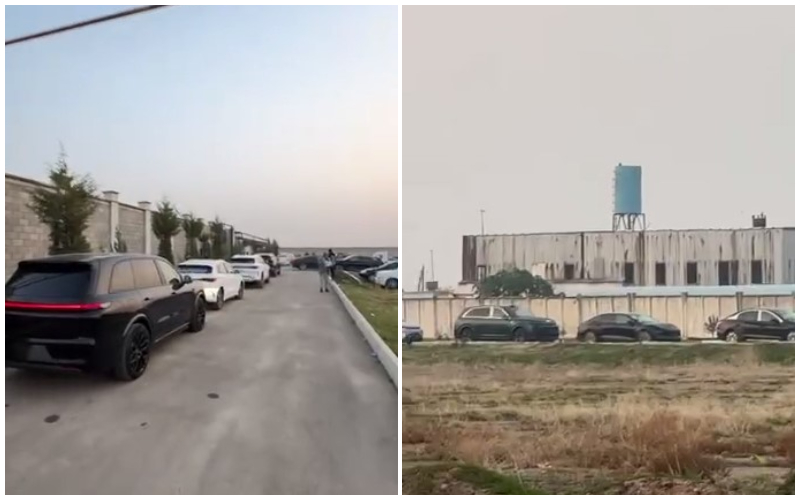
Photo: Frames from the video
The Uzbekistan Center for Scientific Testing and Quality Control (UzTest) attributes the delays to "seasonal factors and an increase in imports." However, critics point to deeper systemic issues, including limited testing capacity and unclear policy motivations.
Rising costs and long wait times
Since the implementation of the new procedures on November 1, the cost of a compliance certificate has surged from 2.6 million to 9.1 million UZS — a 3.5-fold increase. Following public backlash, UzTest reduced fees to 5.6 million UZS for internal combustion vehicles and 4.48 million UZS for electric vehicles. Despite these reductions, the process remains prohibitively expensive for many.
Vehicle owners report waiting for days at the Pskent facility, often sleeping in their cars due to a lack of accommodation options. While UzTest has introduced 24-hour operations and added amenities like waiting areas and portable toilets, these measures have done little to alleviate frustrations.
Capacity constraints and overwhelming demand
The Pskent testing site can inspect 50–60 vehicles daily, or roughly 22,000 per year. This falls significantly short of meeting demand: more than 48,000 passenger cars were imported by individuals in the first eight months of 2024 alone. The imbalance has created a bottleneck, exacerbated by insufficient infrastructure and logistical planning.
Broader policy concerns
The policy shift comes amid broader government moves to regulate the automobile market. In late 2023, the government proposed stricter import rules, including banning individuals from importing vehicles for commercial purposes and mandating that new foreign cars be sold exclusively through official dealerships. These proposals, still under discussion, align with calls from manufacturers like BYD, which urged the government to limit unregulated imports of electric vehicles due to concerns over safety and warranty compliance.
The Competition Committee has advocated for a balanced approach, pledging to contribute proposals to the Cabinet of Ministers. However, the recent disruptions have fueled skepticism about the government's ability to manage the competing interests of consumers, private importers, and official dealers.
Public discontent grows
For many, the Pskent facility represents a microcosm of broader inefficiencies in Uzbekistan’s regulatory and market structures. The delays, rising costs, and lack of transparency have left car owners questioning whether the reforms are truly aimed at consumer protection or if they serve to favor large manufacturers and official dealerships at the expense of individuals and small-scale importers.
Related News
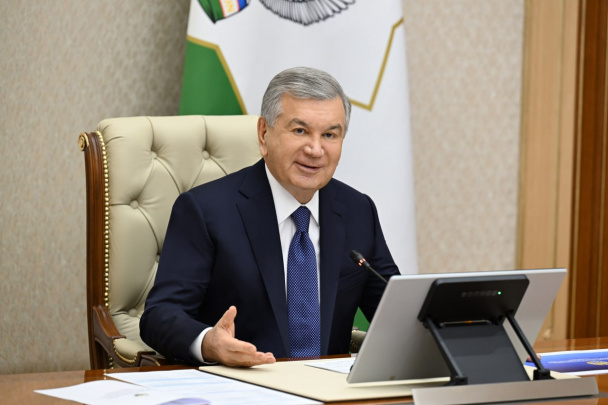
11:41 / 13.02.2026
Uzbekistan to dissolve UzTest and privatize certification services
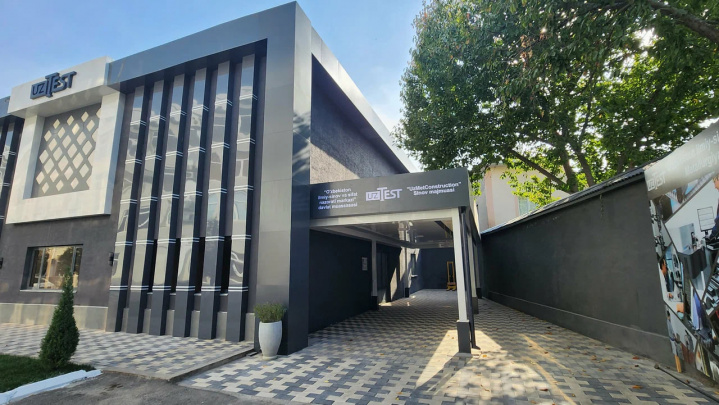
15:08 / 09.07.2025
Billions lost and equipment stolen at UzTest: Testing lab faces major accountability crisis
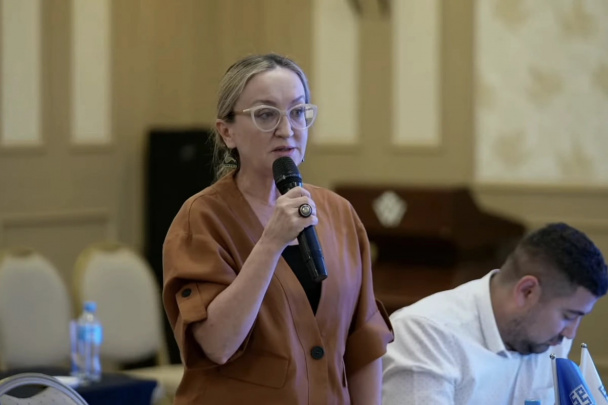
14:37 / 07.07.2025
Businesses in Uzbekistan protest certification delays holding up freezers at customs
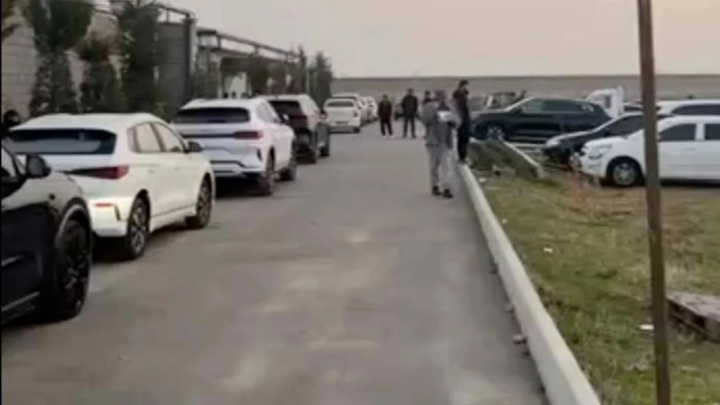
12:22 / 03.07.2025




